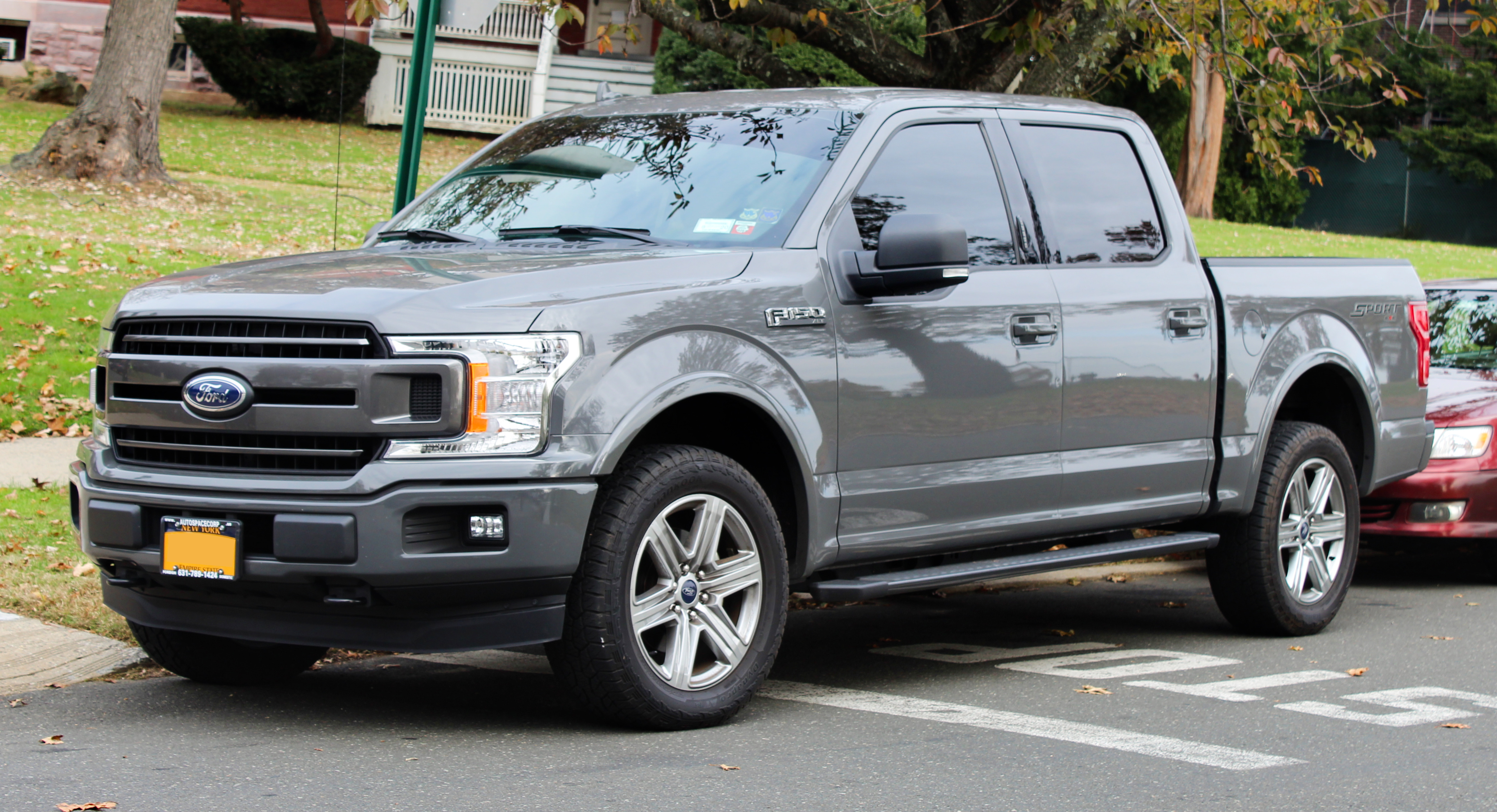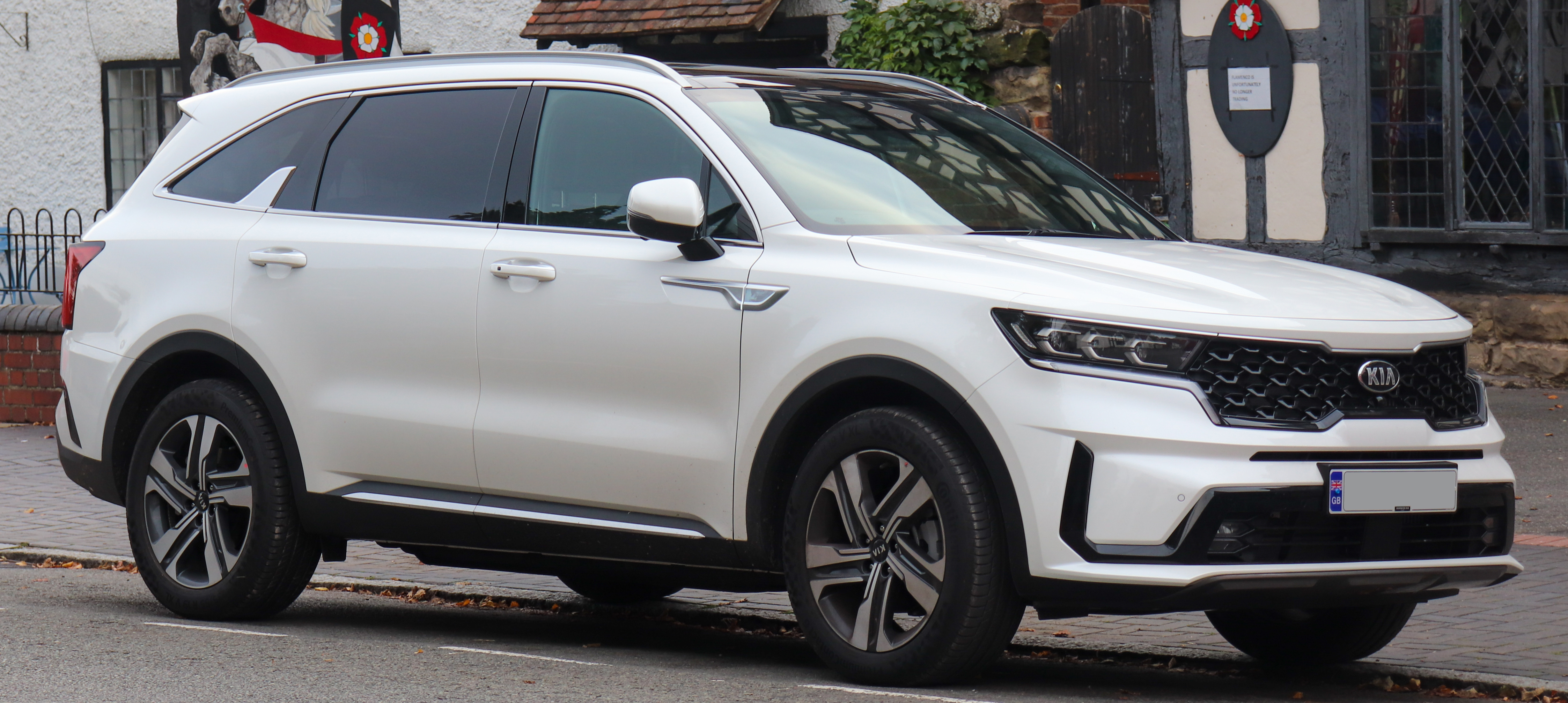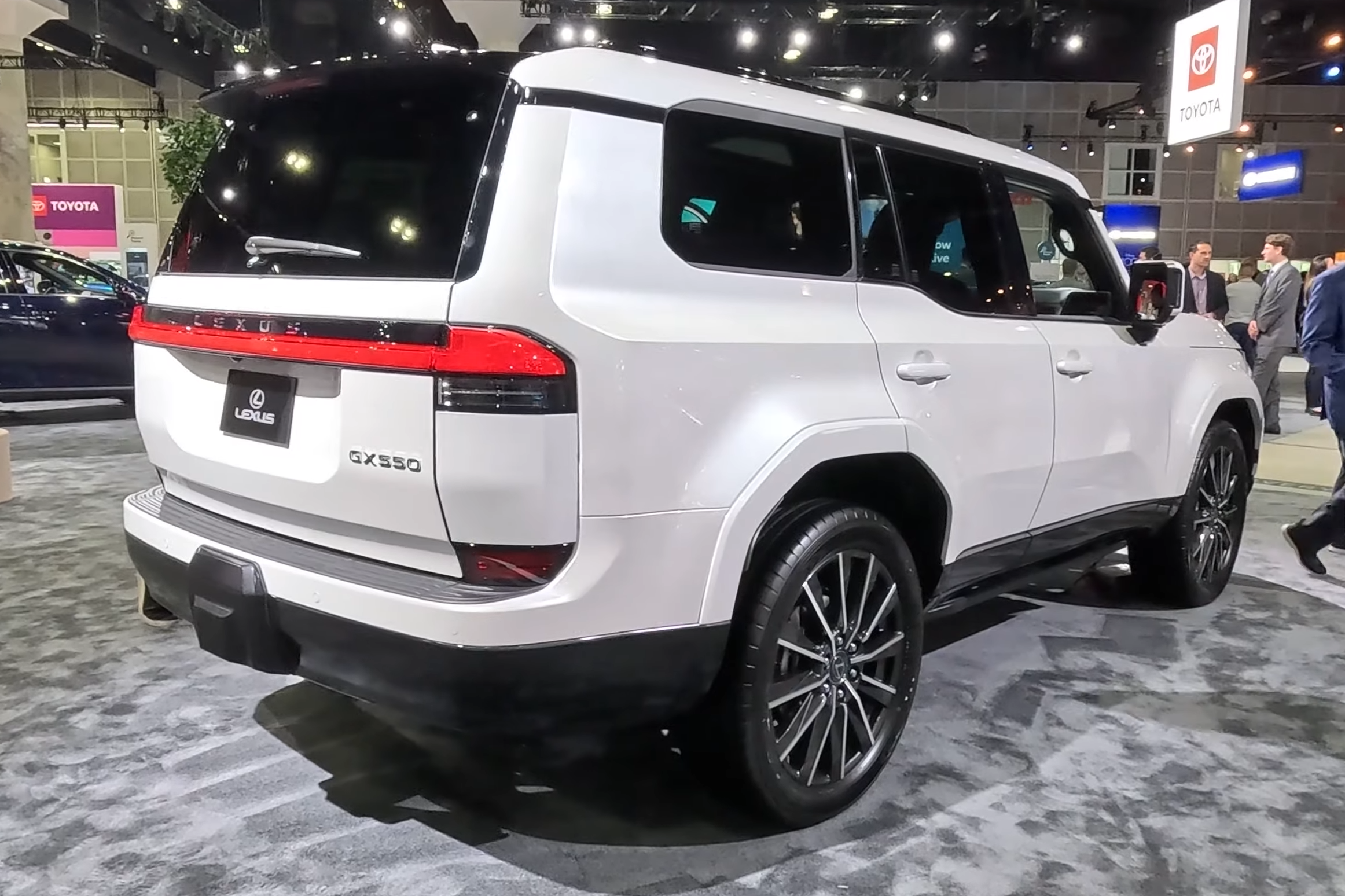Some New Cars That Consumers Are Turning Their Backs On

In recent times, a discernible trend has emerged among consumers regarding their reluctance to purchase new vehicles. This shift reflects a broader sentiment within the automotive market, as the average transaction price for a new vehicle approaches $47,000. Consequently, many buyers are increasingly exploring alternatives, particularly the used car and off-lease vehicle markets. A significant factor influencing this trend is the recognition that used cars often provide superior value, featuring designs and attributes that remain highly desirable. The traditional allure of a ‘new’ car, once synonymous with status and technological innovation, is now being undermined by a growing perception that newer models—irrespective of their fuel type—are, in many respects, inferior to their predecessors.

In fact, some buyers are taking their disdain for new technology a step further. Lee Klancher, an Austin-based publisher, admired the new 2024 Lexus GX550 SUV for its sleek design and sophisticated twin-turbo V6. However, he ultimately chose a lightly used 2023 GX460, favoring its tried-and-true naturally aspirated V8. Klancher’s decision was motivated not just by performance but by the desire to avoid the potential pitfalls that come with first-year models and untested technology.

The transition to new automotive technologies is undoubtedly daunting, leaving many consumers feeling apprehensive about the changes occurring under the hood and within the cabin. Those looking to purchase used vehicles are often turned off by the touch screen displays and capacitive switches that have become standard in modern cars. The shift from physical buttons to touch-sensitive controls has left many drivers frustrated, as the simplification of user interfaces has often resulted in increased distraction rather than improved functionality.

For instance, John W. Lindsey, an attorney in Davis, California, recounted his experience driving a brand-new Kia Sorento. He noted that the vehicle’s user experience was so convoluted that it made him appreciate his older Tahoe even more. Lindsey’s sentiments resonate with many who find the learning curve associated with modern interfaces to be overwhelming. Likewise, Dan Barkin, a retired newspaper editor from Clayton, North Carolina, humorously lamented the complexity of his wife’s new Toyota Highlander, comparing it to needing a semester at MIT just to learn how to operate the turn signal.

Furthermore, some individuals have gone so far as to redefine their relationship with automobiles, viewing them merely as tools for transportation rather than sources of joy and excitement. Bob Burns, an off-road driving instructor, succinctly put it: “They are tools that are reliable to move you physically but no longer emotionally.” This perspective underscores the idea that the thrill of driving has diminished in the face of new technological norms, leading to a desire to cling to the past.

The result of this cultural shift has been the loss of unique models that once defined the automotive landscape. Only a generation ago, car buyers had access to a plethora of quirky, affordable vehicles, such as the Honda Element and Scion xB. Today, that rich variety has all but disappeared, replaced by a more homogenized selection of vehicles that prioritize profit margins over consumer choice.

As we prepare to examine the specific cars that consumers are turning their backs on, it’s crucial to understand that this phenomenon is rooted in a complex interplay of factors—ranging from economic pressures to emotional connections with vehicles. The landscape of the automotive industry is evolving, and the choices consumers make today will shape the future of car design and manufacturing for years to come. With that in mind, let’s dive into the list of 11 brand new cars that have fallen out of favor with today’s buyers, revealing the intricate tapestry of desires, fears, and expectations that define the modern automotive market.
1. **Toyota Land Cruiser**: Once a symbol of rugged luxury, the Toyota Land Cruiser’s latest iteration has faced criticism for its high price and reduced off-road capabilities. Enthusiasts lament the loss of traditional features, making it less appealing compared to its storied predecessors.

2. **Mini Cooper**: The new Mini Cooper has shifted away from its playful roots, with many fans expressing disappointment over its increased size and weight. The charm and quirkiness that once defined this compact car seem to have faded, leaving potential buyers longing for the original model’s spirited drive.

3. **Ford Mustang**: The iconic Ford Mustang is being scrutinized for losing some of its performance edge in favor of modern tech features. As the muscle car market evolves, loyal enthusiasts have concerns that the latest models prioritize comfort and technology over raw driving pleasure, leading many to seek earlier versions instead.

4. **Toyota Crown (formerly Avalon)**: With the rebranding of the Avalon to the Toyota Crown, many consumers feel that the change comes with unwanted complexities and a departure from the vehicle’s previous identity. Buyers are reluctant to embrace a name change that seems to signal a shift away from the classic luxury that the Avalon represented.

5. **Ford F-150**: Despite being a best-seller, the new Ford F-150 has faced pushback due to its increased reliance on technology and higher price tag. Many traditional truck buyers are wary of modern features that complicate the user experience, leading them to prefer older, simpler models that are more practical for everyday use.

6. **BMW Models**: A broad range of BMW models has come under fire as fans feel the brand has strayed from its performance-oriented roots. The addition of complex tech features and higher prices have led consumers to reconsider their loyalty, often opting for vintage models that offer the driving experience they crave.

7. **Kia Sorento**: The Kia Sorento’s modern user interface has received mixed reviews, with many drivers overwhelmed by its complexity. Users find that navigating the touchscreen controls detracts from the driving experience, leading some to stick with older, more straightforward models.

8. **Toyota Highlander**: For many prospective buyers, the new Toyota Highlander has become an example of how modern vehicles can feel overly complicated. Complaints about the steep learning curve for basic operations contribute to a perception of the Highlander as less user-friendly compared to its predecessors.

9. **2024 Lexus GX550**: Although admired for its aesthetic, the new Lexus GX550 has drawn skepticism due to its advanced tech and first-year model status. Buyers are opting for the tried-and-true 2023 GX460, valuing reliability over the allure of the latest innovations, showcasing a broader trend of caution among consumers.

In conclusion, the decline in popularity of certain new car models prompts a critical examination of the automotive industry’s trajectory. Automakers must adeptly balance the pursuit of innovation with consumers’ growing preference for simplicity and reliability. Nostalgia for traditional vehicles significantly influences purchasing decisions, suggesting that manufacturers must adapt their offerings to align with this sentiment. As the evolution of the automobile continues, a keen understanding of contemporary driver preferences will be essential for ensuring future success in a competitive market.
Related posts:
The Pushback on New Automobile Purchases … No One Wants a New Car Now. Here’s Why.
No One Wants a New Car Now. Here’s Why.
New Cars Are Increasingly Becoming Just For Rich People, And Even Some Dealers Hate It
Discover more from Auto Travel World
Subscribe to get the latest posts sent to your email.












